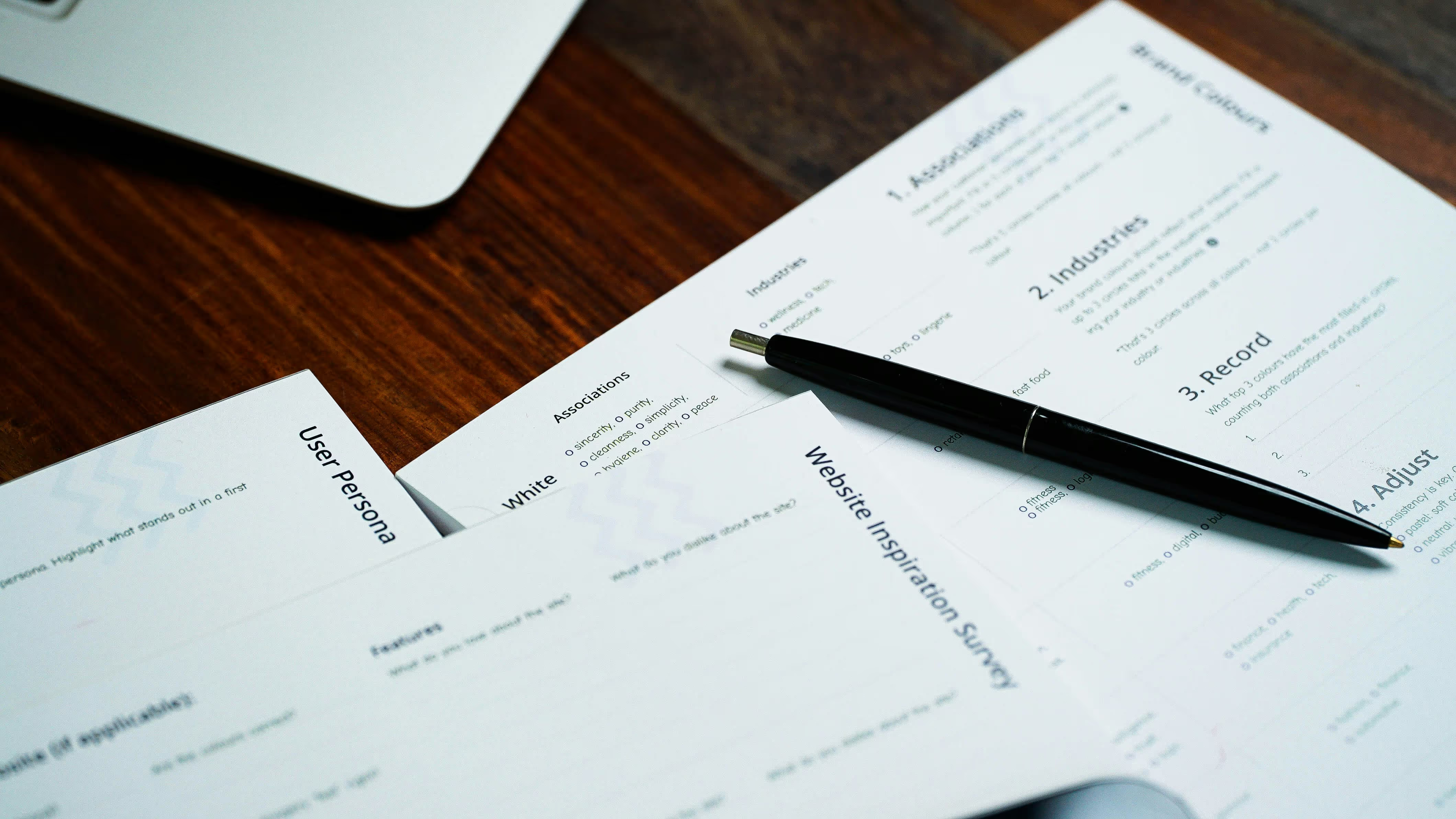
Kudos has partnered with CardRatings and Red Ventures for our coverage of credit card products. Kudos, CardRatings, and Red Ventures may receive a commission from card issuers. Kudos may receive commission from card issuers. Some of the card offers that appear on Kudos are from advertisers and may impact how and where card products appear on the site. Kudos tries to include as many card companies and offers as we are aware of, including offers from issuers that don't pay us, but we may not cover all card companies or all available card offers. You don't have to use our links, but we're grateful when you do!
Does National Debt Relief Affect Your Credit Score?
July 1, 2025


Quick Answers
Enrolling in a debt relief program requires you to stop paying creditors, which will cause an initial, significant drop in your credit score.
Throughout the negotiation process, your accounts remain delinquent, which will continue to negatively affect your credit standing.
Once debts are settled, your credit report is updated, but the record of settled accounts and past delinquencies will remain for up to seven years.
What Is National Debt Relief?
National Debt Relief is a company that assists individuals struggling with substantial unsecured debt, such as credit card balances or personal loans. The company operates primarily through debt settlement, a process where its representatives negotiate with creditors on behalf of the client. Their objective is to reach an agreement where the creditor accepts a lump-sum payment that is less than the total amount originally owed.
The debt settlement process inherently affects a person's credit score because it requires halting direct payments to creditors. This delinquency is reported to credit bureaus and will lower the score, as payment history is a critical factor in credit calculations. After the negotiated debts are fully paid and resolved, an individual can then focus on rebuilding their credit over time.
How National Debt Relief May Impact Your Credit Score
Enrolling in a program like National Debt Relief can be a financial lifeline, but it's crucial to understand its potential impact on your credit score. Here’s the typical progression.
Initial Strategy: The process begins when you are advised to stop paying creditors directly. Instead, you will deposit monthly payments into a dedicated savings account that you control.
Account Delinquency: Because you've stopped direct payments, your accounts will become delinquent. Creditors will report these missed payments to credit bureaus, which will cause your credit score to drop, often significantly.
Negotiation and Settlement: Once you have sufficient funds in your savings account, the negotiation process starts. When a settlement is reached and paid, the account is reported as "settled for less than the full amount," which is a negative mark.
Credit Recovery: After your enrolled debts are settled, you can begin rebuilding your credit. While the negative marks from the settlement process remain for up to seven years, their impact lessens over time as you establish new, positive credit history.
How Much Will National Debt Relief Affect Your Credit Score?
The impact of a debt relief program on your credit score is not straightforward and depends on several factors. Here are a few key things to consider:
- Initial Credit Score Drop: Enrolling in a debt relief program often requires you to stop paying creditors, which can cause an initial drop. Missed payments are reported to credit bureaus and will negatively impact your score.
- Long-Term Recovery: As your debts are settled and paid off, your score can begin to recover and improve. A lower debt-to-income ratio and resolved accounts positively impact your score in the long run.
- Settled vs. Paid in Full: Settled accounts are marked on your credit report, which some lenders view less favorably than paid-in-full accounts. However, this is still better than having unresolved delinquent accounts on your record.
How You Can Avoid National Debt Relief Affecting Your Credit Score
Acknowledge the Inevitable Impact
The core of debt settlement involves halting payments to creditors, which will temporarily lower your credit score. Understanding and accepting this trade-off is crucial. This short-term credit damage is weighed against the long-term benefit of becoming debt-free and starting your financial recovery sooner.
Isolate the Settlement Program
If you have debts not enrolled in the program, such as a mortgage or auto loan, continue making timely payments. This demonstrates credit responsibility on other active accounts and can help soften the negative impact from the accounts being settled on your overall credit history.
Plan for Credit Reconstruction
Focus on rebuilding your credit as soon as your debts are settled. You can start by opening a secured credit card and using it responsibly. Consistent, on-time payments will demonstrate positive credit behavior and help your score recover more quickly after the program concludes.
Choose the Right Card to National Debt Relief
No matter your starting point, improving your credit score is an achievable goal that pays dividends for your financial health. Consistent, positive financial habits can lead to meaningful changes over time.
- Monitor your credit reports. Regularly obtain free reports from Equifax, Experian, and TransUnion to identify and dispute any inaccuracies that could be hurting your score.
- Establish automatic bill payments. Your payment history is the most significant factor in your score, so setting up automatic payments ensures you never miss a due date.
- Reduce your credit utilization ratio. Aim to keep your credit usage below 30% of your total available credit, as high balances can signal risk to lenders.
- Become an authorized user. Being added to a credit card account with a strong payment history and low utilization can help build your own credit profile.
- Diversify your credit mix. Lenders like to see that you can responsibly manage different types of credit, such as revolving credit cards and installment loans.
- Limit hard inquiries. Applying for too much new credit in a short period can temporarily lower your score, so only apply when necessary.
The Bottom Line
Enrolling in a debt settlement program like National Debt Relief can negatively impact your credit score because the process typically requires you to stop paying creditors, resulting in missed payments.
Frequently Asked Questions
Will settling debt through National Debt Relief hurt my credit score?
Initially, yes. Settling debt for less than you owe is recorded on your credit report and will cause a temporary drop in your score.
How long will a settled account affect my credit?
A settled account typically remains on your credit report for up to seven years from the date the account first became delinquent, impacting your score.
Can my credit score recover after the program?
Yes. As you resolve your debts and begin building a new history of on-time payments, your credit score can steadily improve over time.

Supercharge Your Credit Cards
Experience smarter spending with Kudos and unlock more from your credit cards. Earn $20.00 when you sign up for Kudos with "GET20" and make an eligible Kudos Boost purchase.
Editorial Disclosure: Opinions expressed here are those of Kudos alone, not those of any bank, credit card issuer, hotel, airline, or other entity. This content has not been reviewed, approved or otherwise endorsed by any of the entities included within the post.




















.webp)
.webp)
.webp)
.webp)
















